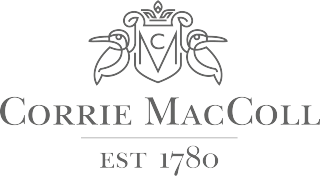Chinese Factories Leading the Way to Global Trust with Best Nbr Solutions
As the global market increasingly demands high-quality and reliable products, Chinese factories are stepping up to the challenge with their innovative Nbr (Nitrile Butadiene Rubber) solutions. According to a recent report by MarketsandMarkets, the global NBR market is expected to reach USD 3.14 billion by 2026, exhibiting a robust compound annual growth rate (CAGR) of 5.23% from 2021 to 2026. This growth is largely fueled by the expanding automotive and consumer goods industries, where durable and versatile materials like Nbr are paramount. The emphasis on quality management and advanced manufacturing technologies positions Chinese factories at the forefront of this burgeoning sector, enabling them to not only meet but exceed international standards. By prioritizing quality and establishing strong global partnerships, these factories are not just contributing to local economies; they are redefining China's role in global supply chains and earning the trust of international customers.
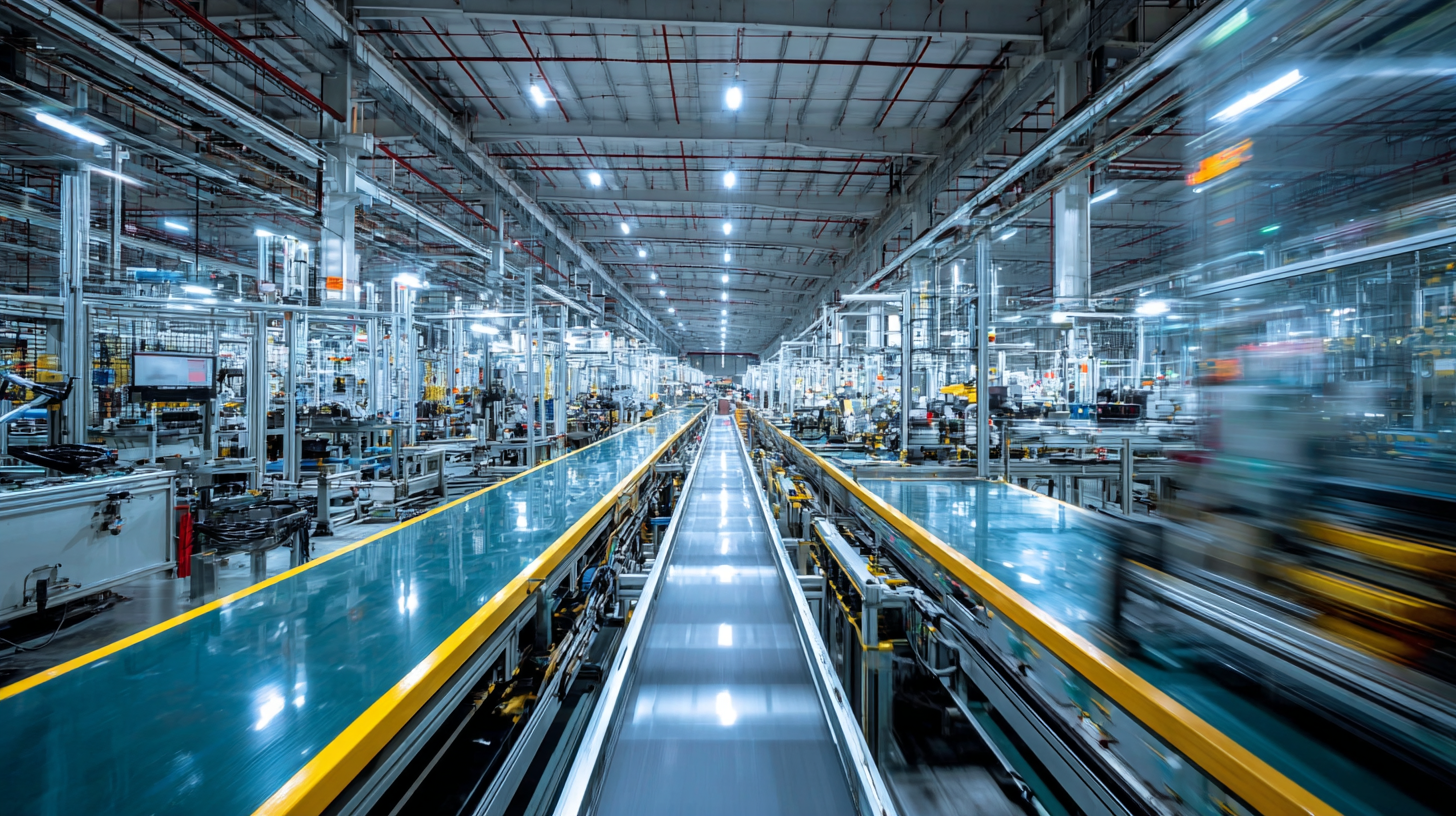
Chinese Manufacturing: A Cornerstone of Global Trust in Quality
Chinese manufacturing has solidified its role as a cornerstone of global trust in quality through innovative practices and adherence to international standards. According to a 2022 report by the International Trade Centre, China accounted for approximately 28.7% of the world's manufacturing output, showcasing its dominance in the sector. This significant contribution enables Chinese factories to play a pivotal role in ensuring consistent quality across diverse industries, from electronics to textiles. Their commitment to quality assurance processes not only enhances product reliability but also builds confidence among international partners.
Moreover, recent studies indicate that Chinese manufacturers are increasingly adopting advanced technologies, such as IoT and AI, to streamline production and improve quality control. A report by McKinsey & Company highlights that over 80% of leading Chinese manufacturers are integrating smart manufacturing technologies, which not only boost efficiency but also enhance product quality. This technological shift allows for real-time monitoring and swift responses to any quality issues, further reinforcing their reputation as trusted suppliers worldwide. As these factories continue to evolve and set benchmarks in manufacturing excellence, they are instrumental in fostering global trust in quality standards.
Innovative Best Nbr Solutions Enhancing Production Standards in China
China has long been recognized as the world’s manufacturing powerhouse, but recent advancements in NBR (nitrile butadiene rubber) solutions are setting a new standard for production quality and efficiency. According to a report by Grand View Research, the global NBR market was valued at $3.23 billion in 2021 and is projected to expand at a compound annual growth rate (CAGR) of 5.4% from 2022 to 2030. These numbers reflect the growing demand for high-performance materials in industries such as automotive, aerospace, and healthcare, where reliability and quality are paramount.
The introduction of innovative NBR solutions in Chinese factories is not just about enhancing product quality; it's also about boosting overall production efficiency. Studies indicate that by implementing advanced NBR materials, manufacturers can significantly reduce scrap rates and improve operation cycles. For instance, a recent survey by Research and Markets found that companies using optimized NBR formulations saw a 15% increase in production outputs while reducing costs by nearly 10%. This combination of innovation and efficiency positions China as a leader in the global marketplace, fostering trust among international clients and partners.
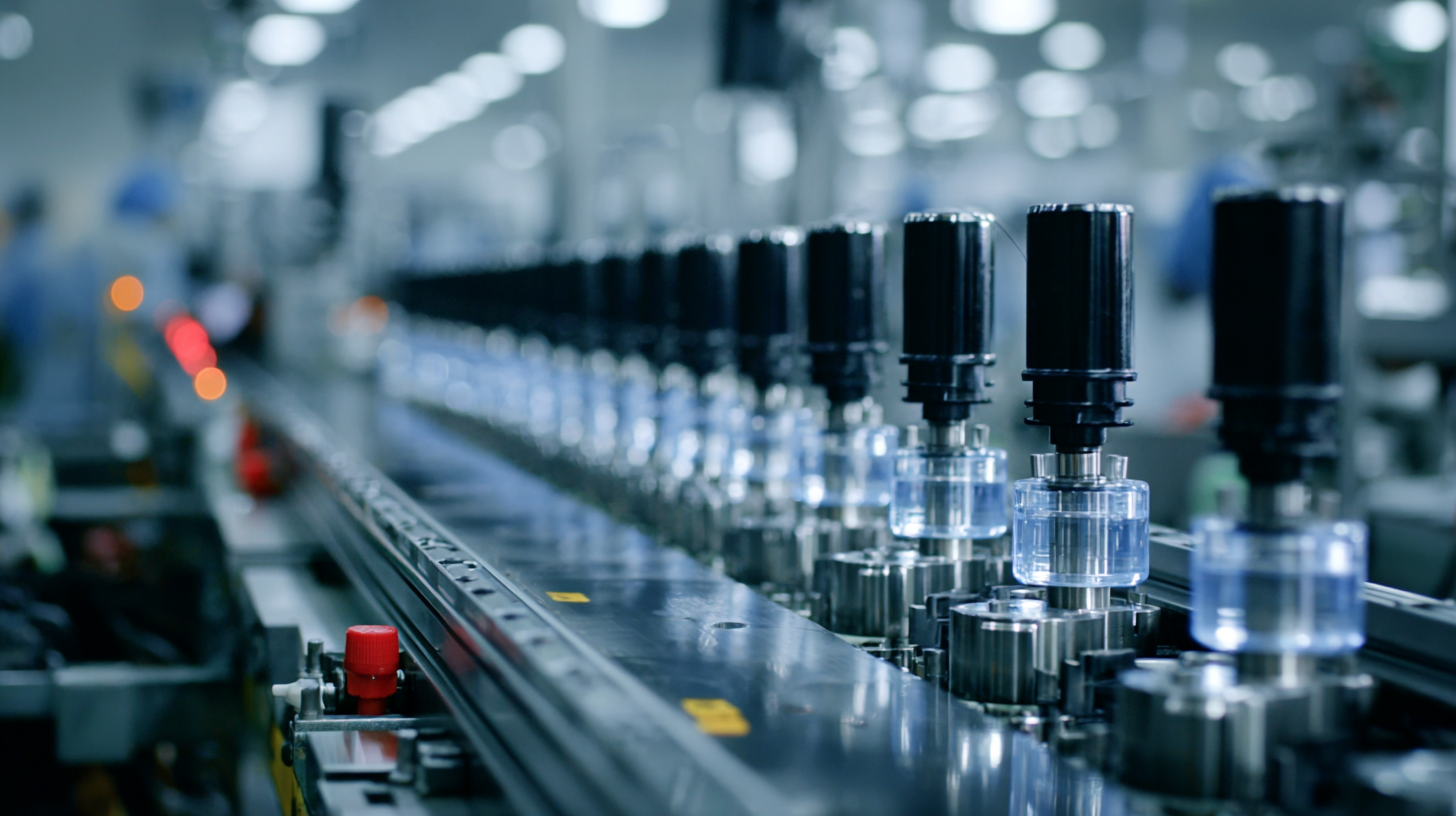
Sustainable Practices in Chinese Factories: Building Global Confidence
In recent years, Chinese factories have made significant strides in adopting sustainable practices, which not only cater to domestic demands but also enhance their reputation on the global stage. By prioritizing eco-friendly production techniques, these factories are taking crucial steps toward building trust with international partners and clients. For instance, initiatives like reducing carbon emissions, optimizing resource usage, and implementing waste management systems have become standard practices, showcasing a commitment to sustainability.
**Tip: Consider exploring partnerships with certified suppliers that focus on sustainability. This can streamline sourcing practices and reassure global clients about your commitment to environmental responsibility.**
Moreover, transparency has become a critical component of these efforts. Chinese manufacturers are increasingly implementing traceability systems that allow clients to monitor the sourcing and production processes. This openness not only fosters confidence but also encourages collaborative relationships with overseas businesses seeking reliable supply chains.
**Tip: Leverage technology to enhance transparency in your operations. Utilizing platforms that provide real-time tracking and reporting can significantly enhance credibility with your clients.**
As the global market continues to prioritize sustainability, the steps taken by Chinese factories today lay the groundwork for future collaborations built on trust and shared values, paving the way for long-term success in an eco-conscious world.
Sustainable Practices in Chinese Factories: Building Global Confidence
| Practice | Description | Impact | Certification |
|---|---|---|---|
| Energy Efficiency | Implementing advanced machinery to reduce energy consumption. | Lower energy costs, reduced carbon footprint. | ISO 50001 |
| Waste Management | Adopting a zero-waste initiative by recycling materials. | Decreased landfill waste, improved resource efficiency. | ISO 14001 |
| Water Conservation | Implementing rainwater harvesting and reduction in water usage. | Reduced water bills, enhanced sustainability image. | ISO 14046 |
| Sustainable Sourcing | Utilizing materials from environmentally responsible suppliers. | Enhanced brand reputation, better compliance with global standards. | Sustainability Certification |
The Role of Technology in Elevating China's Manufacturing Reputation
China's manufacturing industry is on the rise, leveraging technology to enhance its reputation globally. As the biotechnology sector experiences a significant transition, Chinese drugmakers are emerging as pivotal players, demonstrating innovation in medicine production. According to recent reports, China is responsible for over 60% of the world's generic drugs and has rapidly advanced its capabilities in high-tech manufacturing, including pharmaceuticals and life sciences.
Tips for Improvement: Enterprises should invest in cutting-edge technologies such as AI and machine learning to streamline production processes and foster research and development. Adopting sustainable practices, such as developing organic fertilizer from animal waste, can not only help address environmental challenges but also enhance the attractiveness of their products on the international market.
Moreover, China’s technological prowess is not limited to biotechnology; it has expanded significantly across various industries, evidenced by its advancements in aerospace and supercomputing. As China positions itself as an innovator, companies looking to thrive in international markets need to focus on continuous innovation and collaboration with global partners to enhance their competitive edge.
Chinese Factories Elevating Global Manufacturing Reputation
Collaborative Approaches: How Chinese Factories Foster International Partnerships
In the fast-paced world of manufacturing, Chinese factories are redefining how international partnerships are cultivated. By prioritizing collaborative approaches, these factories are not only focused on producing goods but also on building trust and mutual understanding with global businesses. Through transparent communication and shared goals, manufacturers are fostering environments where innovation thrives, allowing them to adapt quickly to changing market demands while ensuring quality and efficiency.
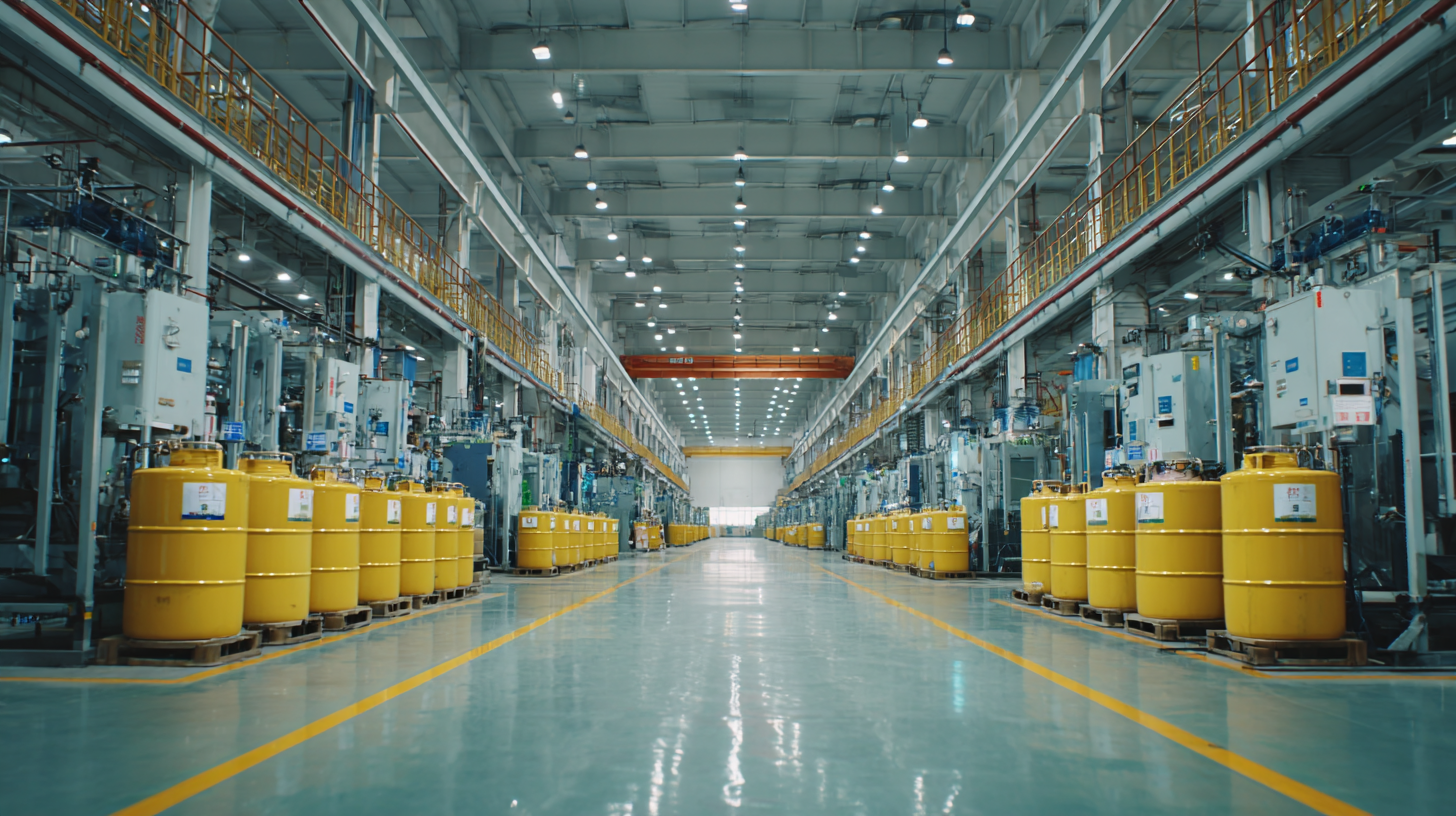
Moreover, these collaborative strategies extend to technological advancements, with Chinese factories actively engaging in research and development alongside their international partners. This symbiotic relationship enables both parties to leverage each other's strengths, ultimately leading to more competitive products and services. By integrating diverse perspectives and expertise, Chinese factories are proving that fostering international partnerships is essential for sustainable growth and success in the global marketplace. Such initiatives demonstrate a commitment to not just being manufacturers, but also being partners in progress, paving the way for a more interconnected and trusted global economy.
